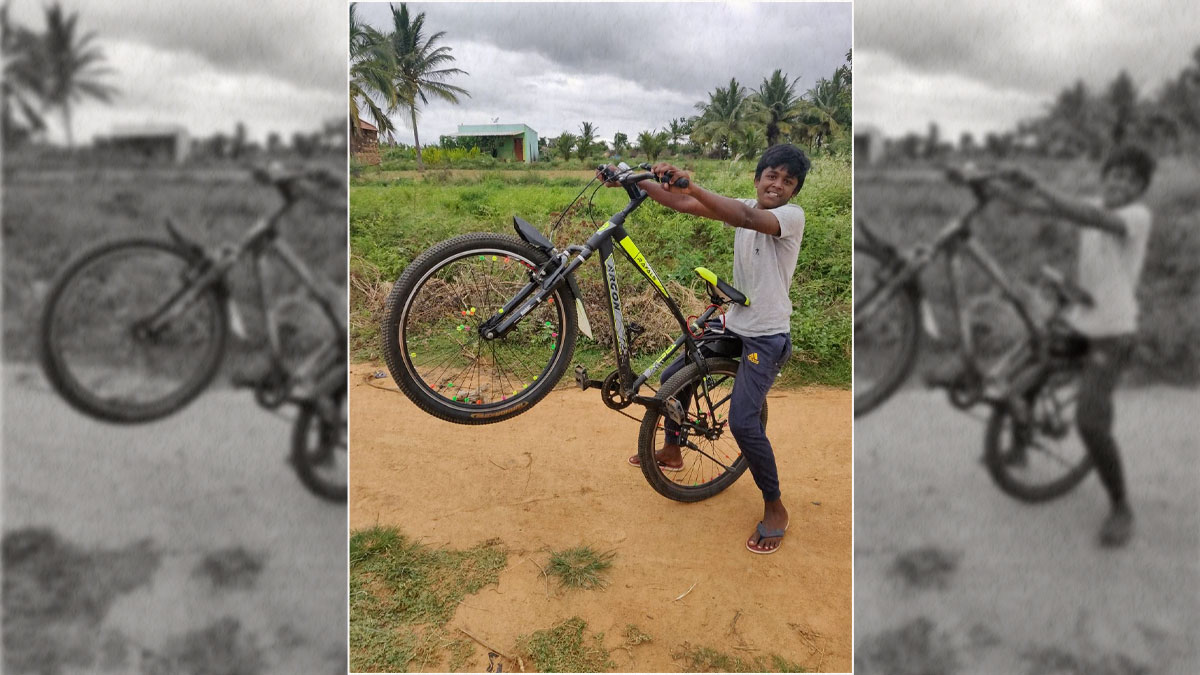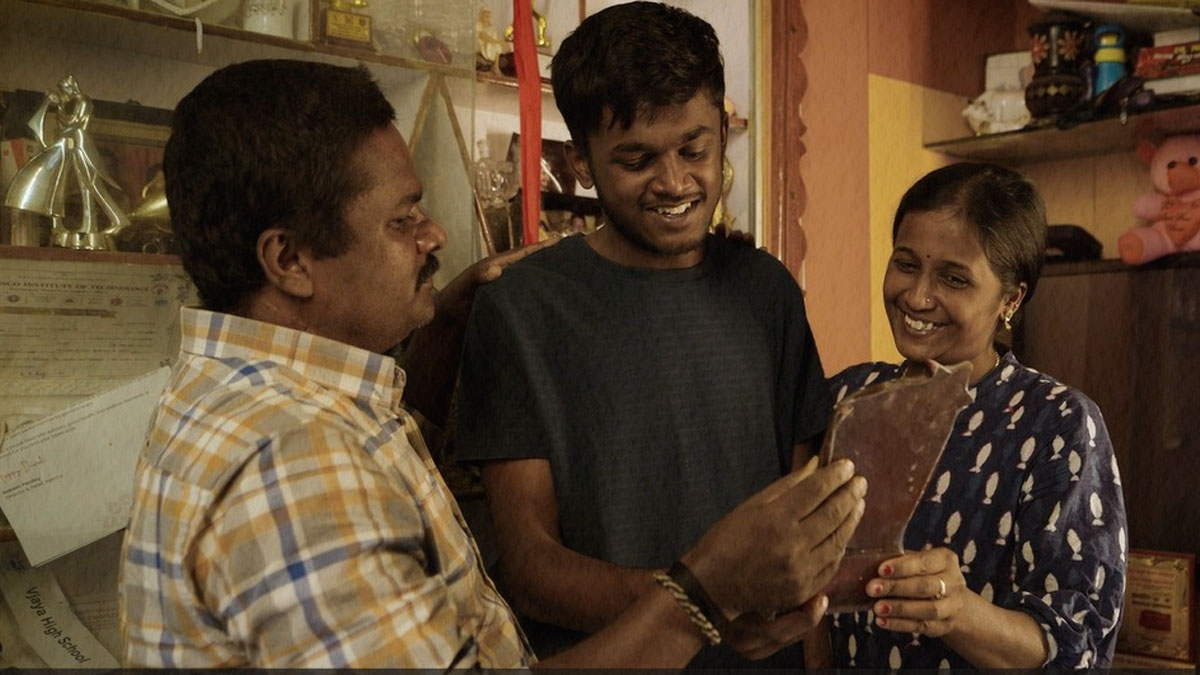
Just five months old, Prajwal's life was turned upside down when his parents realised that his health was deteriorating. He had repeated high fevers, loose stools, and a swollen stomach, forcing his parents to be on their toes searching for solutions. After all those months of uncertainty and hospitalisation, Prajwal received a diagnosis of Gaucher disease, a rare and severe genetic disease. His doctors informed his parents that he would never be able to walk or attend school. But with prompt treatment and unrelenting perseverance, Prajwal not only beat these odds but ended up becoming a state-level cricket hero, inspiring generations of others who live with rare diseases.
Table of Content:-
What is Gaucher Disease?![4 (62)]()
Gaucher disease is a severely rare genetic disorder resulting from the absence of an enzyme known as beta-glucocerebrosidase. This results in the accumulation of toxic lipids in organs such as the spleen, liver, and bone marrow. If left untreated, it can result in serious health complications, which range from organ hypertrophy to bone aches, and even neurological disease. Specialists clarify that early identification and enzyme replacement treatment (ERT) are instrumental in the control of the disease and enhancement of quality of life.
Dr Priyanshu Mathur, Professor, Department of Medical Genetics, SMS Medical College, Jaipur, says, "Gaucher disease needs timely intervention with enzyme replacement therapy to avoid irreversible damage. Untreated patients develop serious complications and decreased life expectancy."
ALSO READ: What Are Lysosomal Storage Disorders? Expert Shares Causes, Complications, and Treatment Options
Prajwal's Early Struggles with Gaucher Disease![gaucher disease prajwal Inisde-3]()
Prajwal, who is now 17 years old and from Bangalore, was diagnosed with Gaucher disease several months after birth. At 5 months of age, his health started declining with symptoms such as an enlarged spleen, frequent high fever, loose stools, and seizures. The doctor was seen by many of them, but the diagnosis came very late, resulting in major health impairment. He was hospitalised for almost three months before doctors finally diagnosed Gaucher disease, which is a rare Lysosomal Storage Disorder. Physicians cautioned his parents that Prajwal would never walk or go to school easily. This was devastating for the family.
Turning Point In Prajwal's Life: Access to Therapy![gaucher disease survivor prajwal Inside-2]()
Luckily, in 2007, Prajwal initiated enzyme replacement therapy (ERT) under a humanitarian program of a pharmaceutical firm. It transformed his life. He is now enrolled at Indira Gandhi Hospital in Bangalore, a Centre of Excellence for treating rare diseases. When Prajwal wished to play cricket, his family was not too sure, considering his condition. Nevertheless, the doctors reassured them that with early therapy, he could train and play safely.
From Gaucher Patient to Cricket Star![prajwal cricketer gaucher disease survivor Inside-4]()
Presently, Prajwal is a state-level cricket star, clinching competitions and trophies. His journey motivates numerous patients with uncommon diseases in India. He dreams of representing the country in cricket one day and keeps practising for national-level competitions. Research by Muenzer et al. (2009) emphasises the utmost need for prompt enzyme replacement therapy (ERT) in individuals with Lysosomal Storage Disorders such as Gaucher disease. The research identified that any holdup in ERT could result in the recurrence of symptoms, the enlargement of organs, neurological problems, and even long-term disability or death. Prompt and ongoing treatment greatly enhances the survival and well-being of these patients.
Challenges for Other Patients
Not all patients are as fortunate as Prajwal. Several suffer from severe problems in receiving a timely infusion of ERT, simply because they do not have sustainable funds available under the National Policy for Rare Diseases 2021. In the past few years alone, more than 50 patients with Lysosomal Storage Disorders have died while awaiting therapy.
Clinical evidence affirms that interruptions of ERT have disastrous outcomes, and re-initiation of ERT early enhances survival. A delay of only three months can lead to a relapse of symptoms and organ enlargement, and a delay of one year can lead to permanent disability or death.
ALSO READ: Meet Kuwar Amritbir Singh, The Fitness Icon Who Conquered 33 World Records Without a Gym
Conclusion
Prajwal's case is a strong reminder of how early diagnosis and timely treatment make a difference in the lives of people suffering from such rare diseases as Gaucher. With proper care and guidance, patients can beat adversity and fulfil their aspirations. It is important that awareness about rare diseases is generated and everyone is granted access to the necessary therapies. Prajwal's tale inspires hope and determination in many who go through similar struggles.
Also watch this video
How we keep this article up to date:
We work with experts and keep a close eye on the latest in health and wellness. Whenever there is a new research or helpful information, we update our articles with accurate and useful advice.
Current Version
-1750246086834.jpg)


